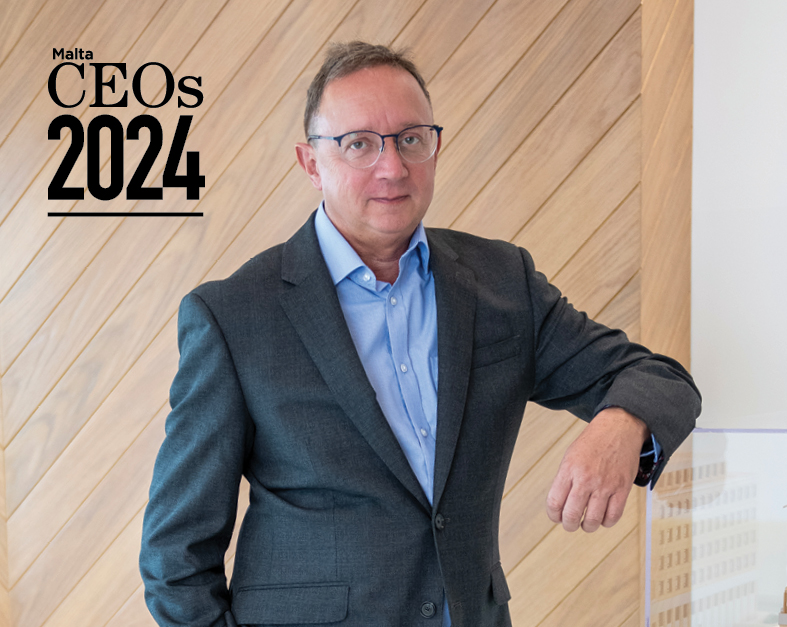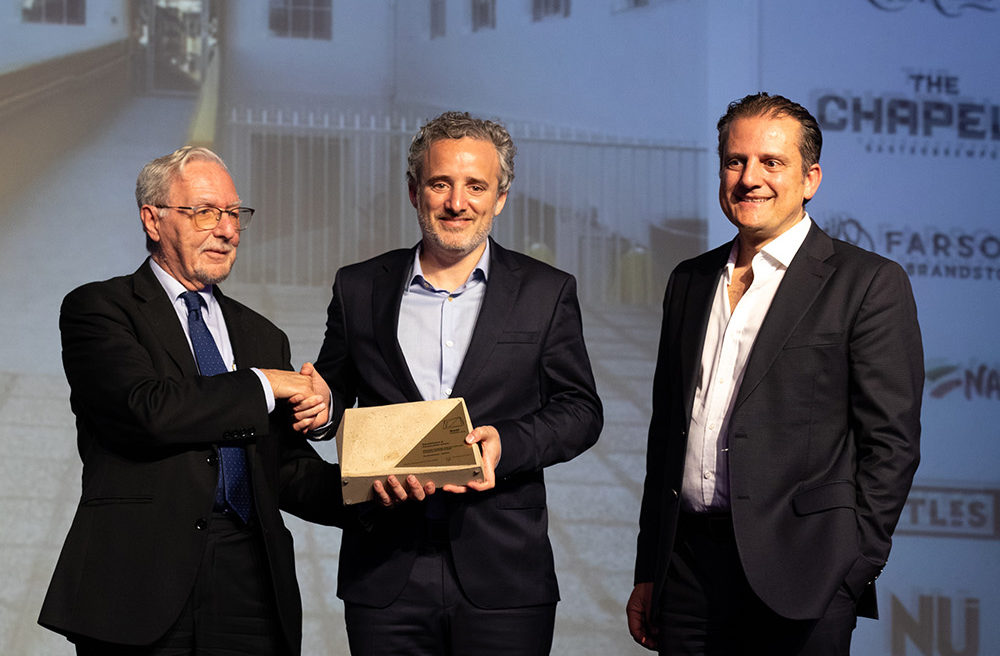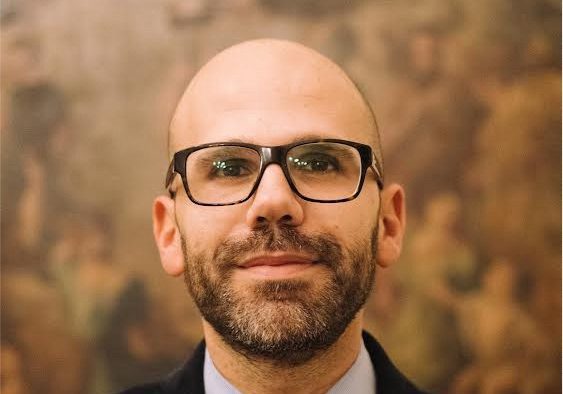Edward Mizzi, Management Consultant at Thinkeasysolution.com, on Monday emphasised that there is more to Environmental, Social and Governance (ESG) principles than acting as a “moral compass”, as they can also act as means to get ahead of the competition.
ESG has become a point of contention within the business world over recent years, with more people becoming conscious of issues such as climate change, modern slavery, poverty, and inequality. These issues are becoming increasingly prominent within businesses discussions, whatever their size of operations. All businesses have now become deeply intertwined with ESG concerns, with socially conscious investors now using such criteria in order to assess potential investments.

While many have termed ESG as only a “trend” in the business space, Mr Mizzi said that this is far from the case, as it is actually a “pivotal shift that every organisation should consider”.
This is because it is “more than just a checkbox for corporate responsibility”, as it is a “strategic imperative that aligns business goals with global betterment”, he continued.
Mr Mizzi has worked as Management Consultant at Thinkeasysolution.com for more than a year. There, he provides clients with business advisory services in order for them to improve their business standards.
The first part of ESG, that of the environment, has become of paramount importance given the challenges the world faces as a result of climate change and global warming. In this respect, Mr Mizzi said that environmental consciousness is thus “no longer an option, but a necessity”.
“Committing to sustainability initiatives not only lessens the ecological footprint but also attracts a growing base of consumers who prioritise ecofriendly practices. In turn, it bolsters reputation and brand loyalty,” he added.
Secondly, a number of elements in society need to be addressed, and doing so can foster a culture of inclusivity, diversity, and care for stakeholders.
Mr Mizzi acknowledged that companies that actively engage in social responsibility do not just create a positive impact within the communities they operate in, but also “benefit from a more motivated, engaged, and diverse workforce”. This is especially important in today’s business world, given the limited supply of workers when compared to the seemingly endless demand.
Lastly, he referred to the element of governance, which he termed as “the often underestimated pillar”, yet pointed out that it is actually “the backbone of an organisation’s credibility and longevity”.
Governance was a topic that was heavily discussed during the Family Business Forum, a recent event that brought together different professionals and governance specialists to discuss various perspectives on how important strong governance is when it comes to establishing value for family businesses. Business leaders highlighted that a solid governance structure “creates the roadmap for decisions”, which in turn should be aligned to the organisation’s strategy.
“Transparent, ethical practices, robust leadership structures, and a commitment to integrity establish trust among investors, customers, and employees. This ultimately translates into stability and long-term success,” Mr Mizzi continued in his social media post.
“ESG isn’t just a moral compass; it’s a competitive advantage,” Mr Mizzi stressed.
He explained that organisations which are embracing such ESG principles are not simply “ticking boxes”, but they are “paving the way for a future where profitability intertwines with a purpose-driven approach”.
Mr Mizzi noted that the benefits of integrating ESG are clear, as these enable businesses to have a positive impact on the world, a more engaged workforce, increased customer trust, and a strong bottom line.
“It’s time for every organisation to recognise the undeniable value of integrating ESG principles into their core strategies,” he concluded.
Adaptability and resilience: The two skills job candidates and employers need to master
Eurostat data recently revealed that adaptability to change was the top skill requested by Maltese employers in 27 out of ...
Deputy CEO Michael Farrugia hopes The Brewhouse will ‘increase awareness’ on industrial heritage
This came as The Brewhouse was given the Rehabilitation and Conservation Award at the MASP Awards.
Succession strategies: Navigating family dynamics for business longevity in Malta
More than 70% of businesses in Malta are family businesses, yet many say they have no written strategic or succession ...
Bernard Mallia receives regulatory approval as MAPFRE Middlesea Chief Officer Internal Audit
He replaces Mario Debono, who resigned in December and has since joined BOV.











